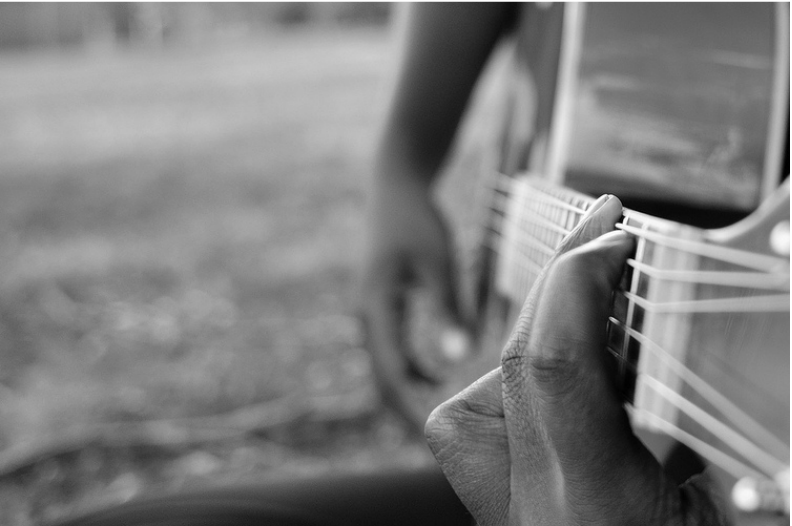Comments are closed.
|
Articles10 Chord Mastery Tips!
Guitar Chords 101 10 Memorization Tips Fretboard Memorization Fretboard Anatomy 101 Guitar Setup Basics 4 Keys to Great Playing! FREE Jam Tracks! 10 Tips for Better Solos Playing vs Practice 10 Scale Mastery Tips! Guitar Scales 101 3 Simple Guitar EQ Tips Rode NTR Mic Review iZotope RX - On Guitar Dealing with Latency Slate VCC | VTM Review GarageBand v Logic X 5 FREE Guitar Plugins Logic Pro X for Guitar Pedals vs Multi-Effects How to Roll Leads Stop Breaking Strings? When to Change Strings Using Neck Diagrams 5 Essential Tuning Tips 7 Beginner Mistakes |

